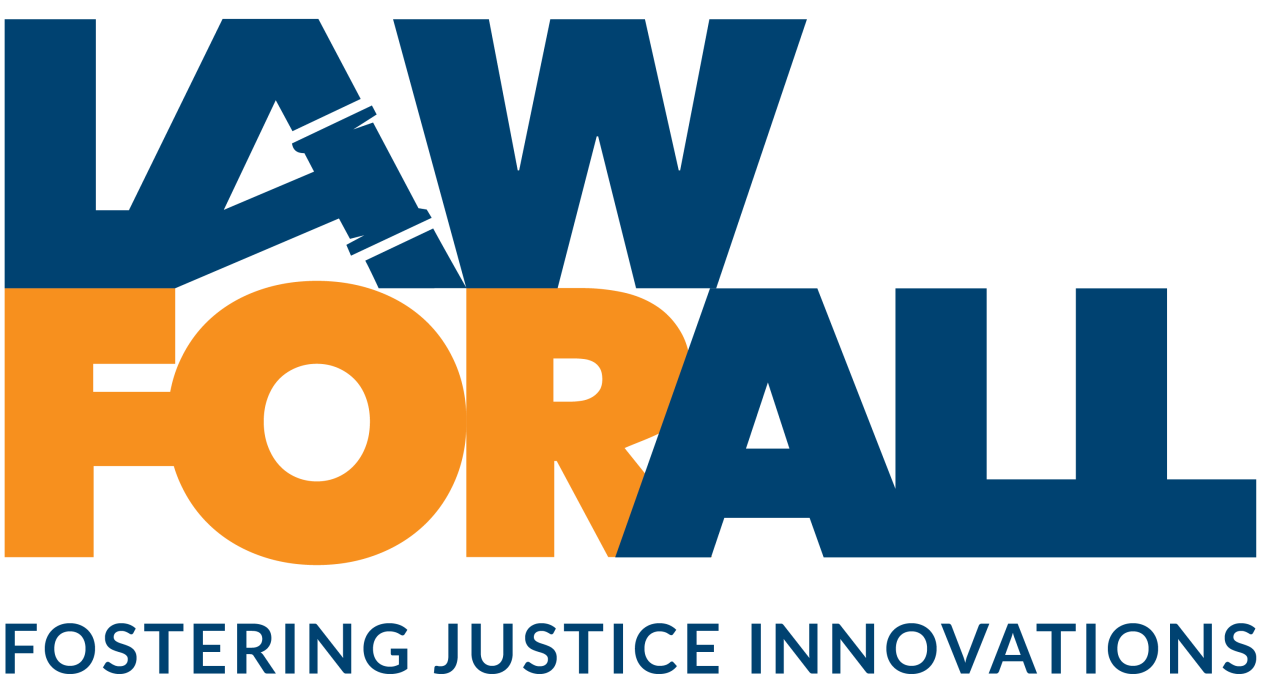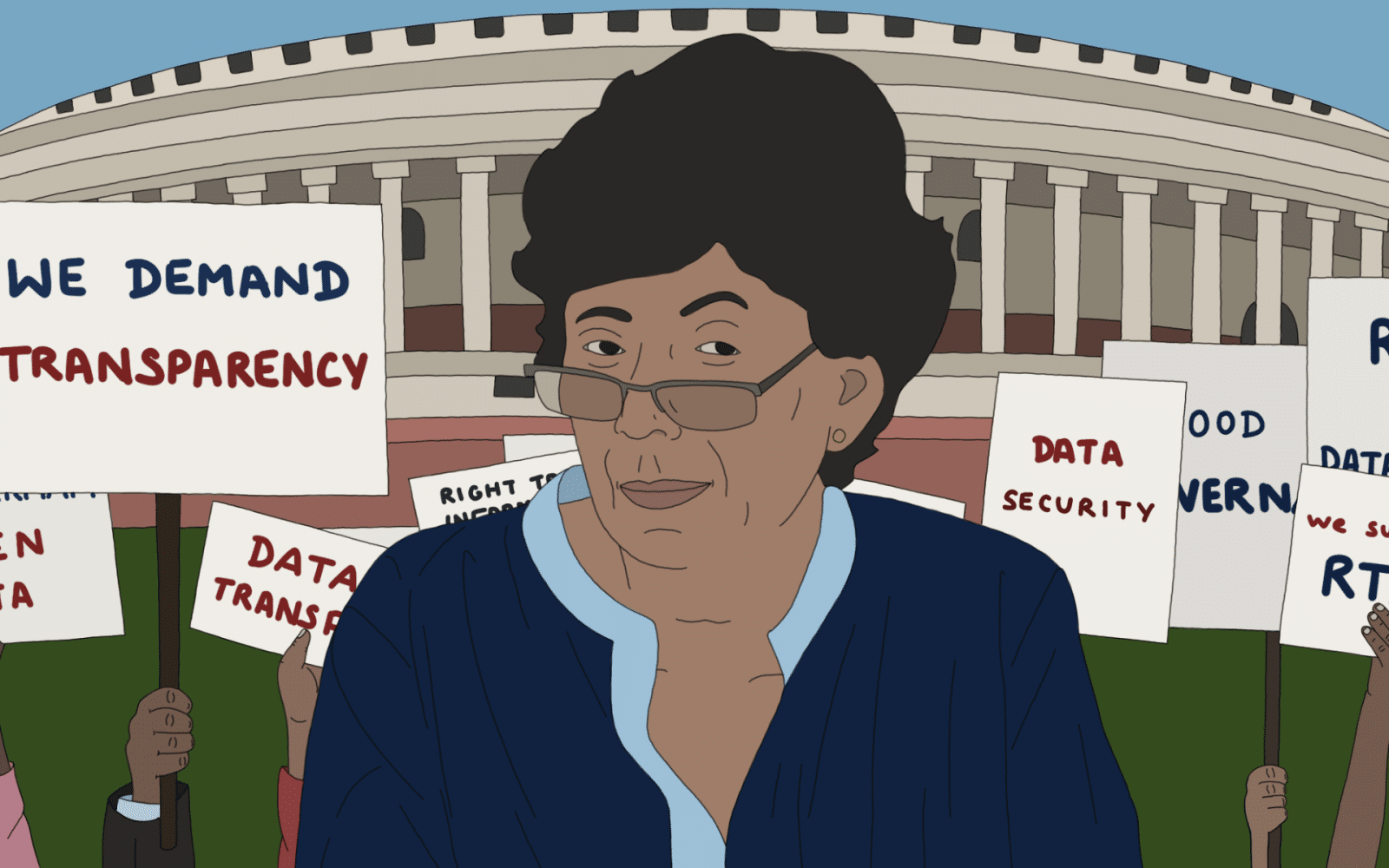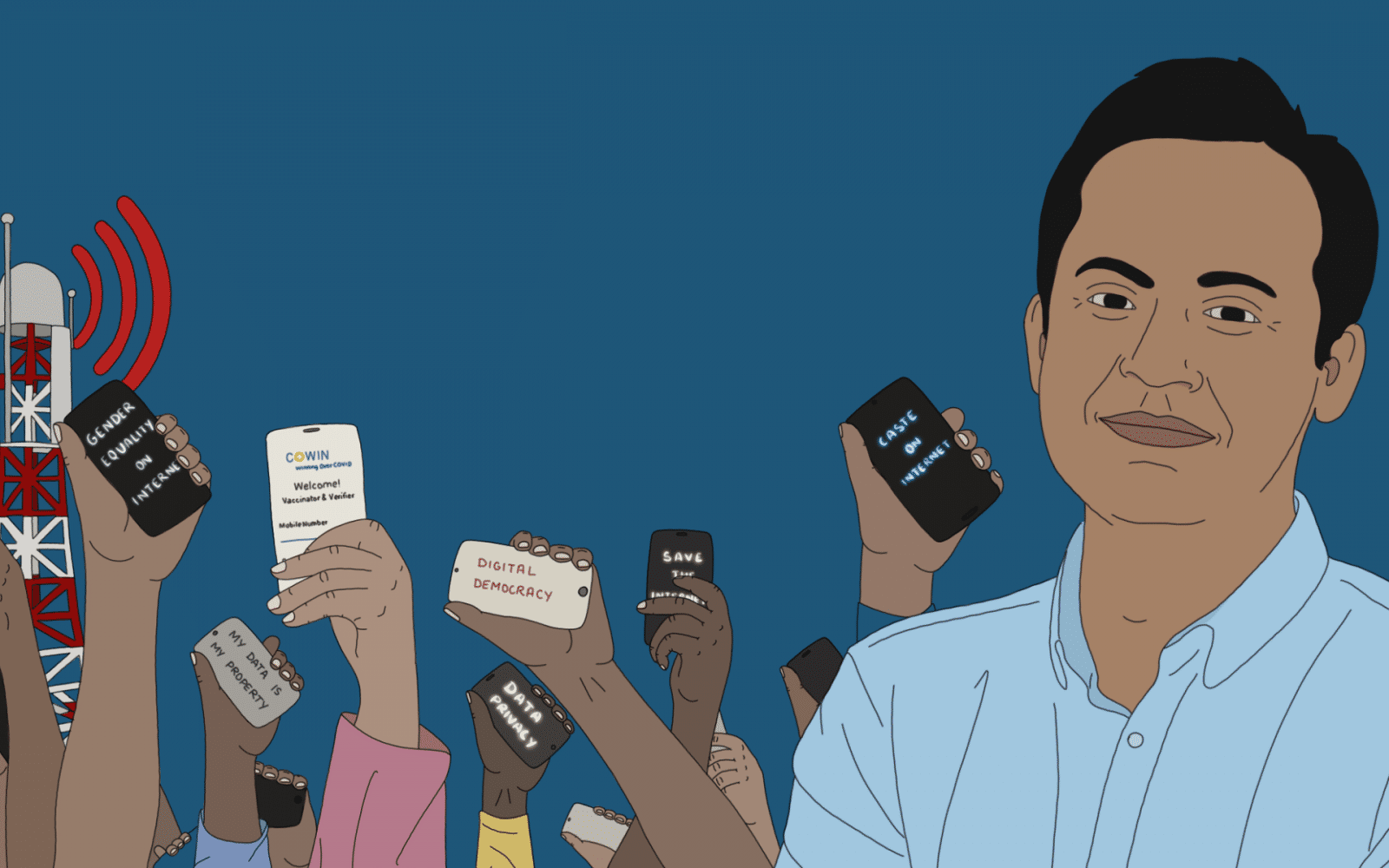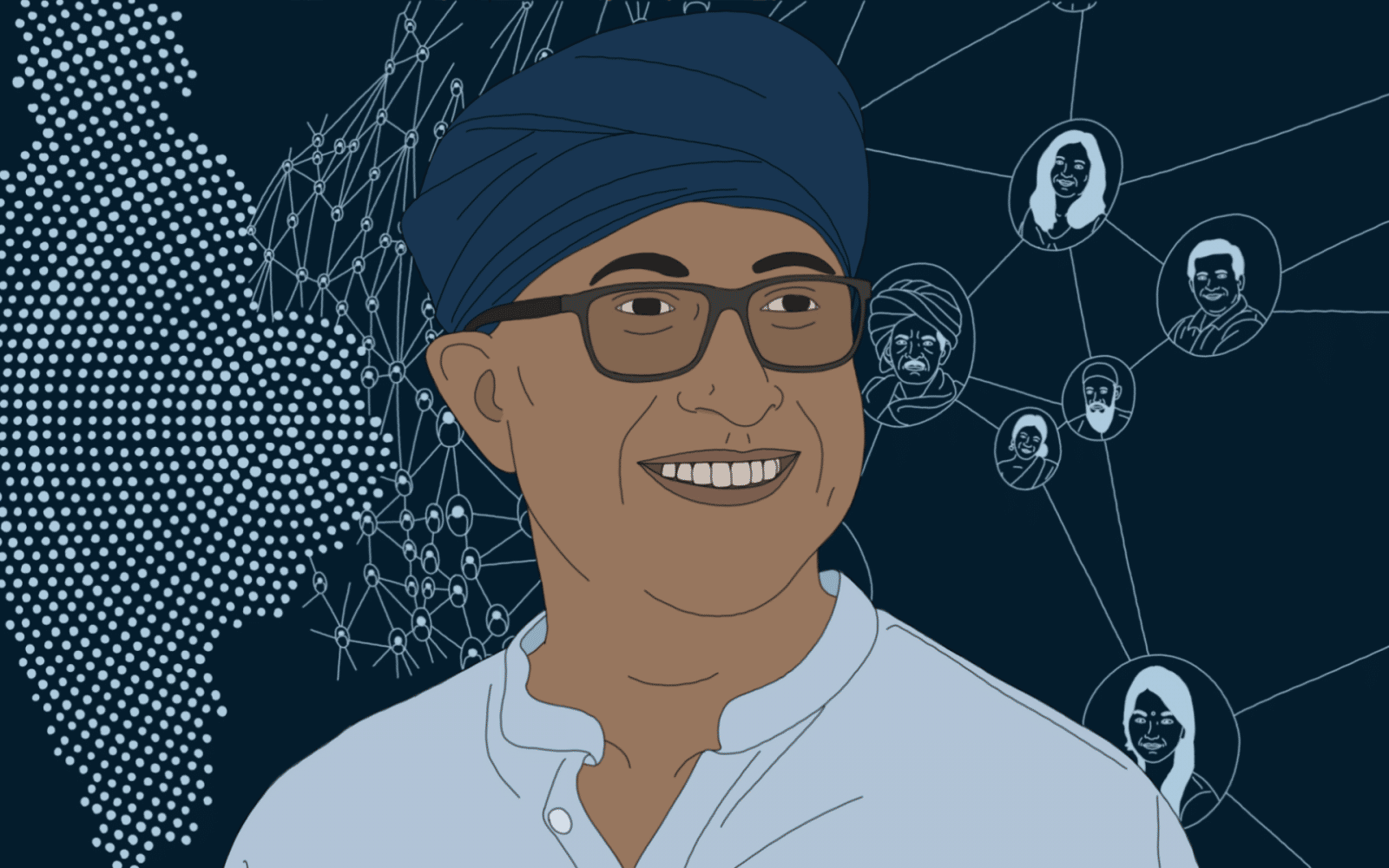Public Secrets: Data is the cornerstone for democracy and development
Maja Daruwala has devoted more than 40 years of her career to human rights, social justice, and issues relating to civil liberties. She is currently the Senior Advisor for the Commonwealth Human Rights Initiative (CHRI), where she previously served as the Director for twenty years until 2016. While heading the CHRI, she was one of the champions advocating for the enactment of the Right to Information Act (RTIA), 2005, the Act that shifted the governance gears from monarchical, guarded, and inaccessible systems to democratic, transparent, and accessible systems; the act that instils true essence of democracy in the society. Once the Act was enacted, she pushed for its implementation through capacity building and training exercises for civil society organisations, duty holders, along with monitoring of the act’s implementation until RTIA started being used in common parlance.
Through the sustained and laborious efforts of civil societies, advocates, and activists, roughly 13 lakhs (1.3 million) RTIs are filed each year now (as per Central Information Commission Annual Report 2020-2021), and around 3.2 crores (32 million) Indians have filed RTIs since the act’s inception. RTIA came in the light of an exposed glaring gap in the Indian Constitution, fundamental rights like the right to speech and expression (Article 19.1.(a)), tie up closely with the right to know. In the 1950 judgement by Supreme Court in the case of Romesh Thappar v the State of Madras , it was brought to attention that the freedom of discussion should be included in the Article 19 (1) (a) of the constitutition, and that freedom of the press be a facet of the freedom of discussion so the citizens can be effectively informed to form their own views and communicate them freely, outlining the principle, ‘the right to know’. Since then, there had been an aspiration to get ‘right to information’ on the statute books, which took form into a long and an arduous fight until the enactment of the RTIA. RTIA is an enactment that realises fundamental rights than a statutory device for administrative efficiency and a check against rampant corruption and the lack of transparency. On why the right to know belongs to the people,
Maja Daruwala makes the point that “It is a fundamental right essential to democratic function. Denial is a violation[..]. It is no favour for public servants and authorities to put information into the public domain. Too much accretion of power must be ameliorated, and that is through statutory right to information. It is your right to know because the information is collected for a public purpose, by public servants, with public money, and is collected from the public. There is no question of keeping that information away from the public. The only thing that must be protected is individual privacy, and information shown to be demonstrably necessary to keep away, for which there must be strong justification and exceptions to openness must be kept to a very narrow band. Jurisdictions that have done this have prospered and their democracies have deepened in a very meaningful way.”



